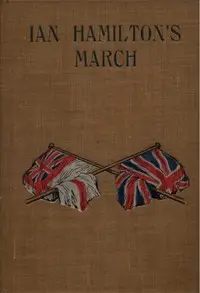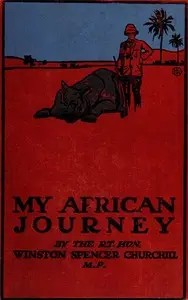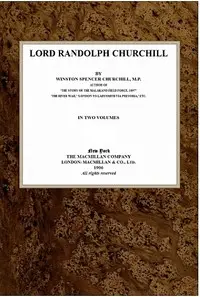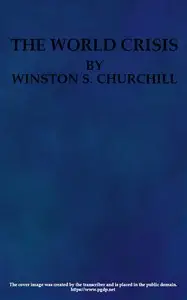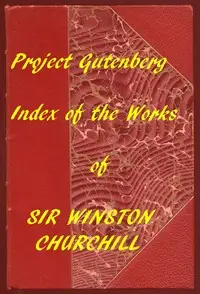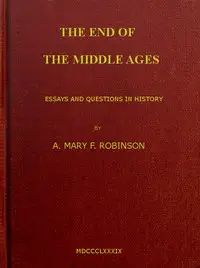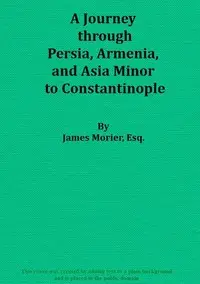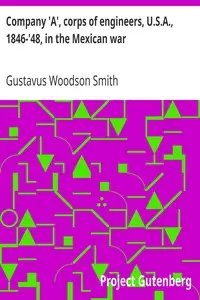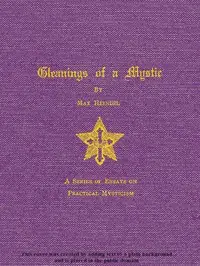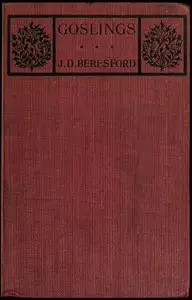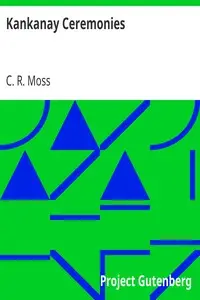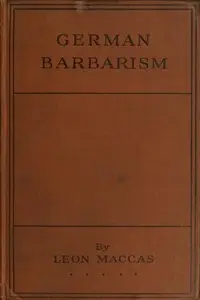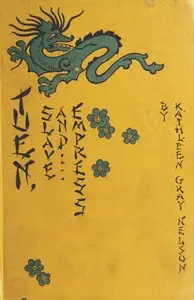"London to Ladysmith via Pretoria" by Winston Churchill is a historical account written during the late 19th century. This narrative captures Churchill's personal experiences and observations during the early months of the Second Anglo-Boer War, focusing particularly on the events surrounding the British campaign to relieve the besieged town of Ladysmith. The text reflects Churchill's insights into military strategies, the nature of warfare, and the political landscape of the time. The opening of the book describes Churchill's journey aboard the Royal Mail steamer 'Dunottar Castle' from London to Cape Town as the war begins. He expresses his feelings of anticipation and anxiety amid the uncertainty surrounding the conflict. As he observes the reactions of passengers onboard, he outlines the rumors and speculations about the war, showcasing the mix of dread and hope that characterizes the atmosphere. Churchill also introduces reflections on the nature of modern travel compared to ancient times, providing a rich context for the reader to understand his mindset as he embarks on this significant military endeavor. The first chapters set the stage for a thrilling recount of events that are both poignant and reflective of Churchill's experiences as a war correspondent. (This is an automatically generated summary.)

London to Ladysmith via Pretoria
By Winston Churchill
"London to Ladysmith via Pretoria" by Winston Churchill is a historical account written during the late 19th century. This narrative captures Churchil...
Genres
Released
2004-12-23
Formats
epub
epub3 (images)
mobi
epub (images)
mobi (images)
Free Download
Overview
About the Author
Sir Winston Leonard Spencer Churchill was a British statesman, military officer, and writer who was Prime Minister of the United Kingdom from 1940 to 1945 and again from 1951 to 1955. Apart from 1922 to 1924, he was a member of Parliament (MP) from 1900 to 1964 and represented a total of five constituencies. Ideologically an adherent to economic liberalism and imperialism, he was for most of his career a member of the Conservative Party, which he led from 1940 to 1955. He was a member of the Liberal Party from 1904 to 1924.
Total Reviews
10.0k
Total reviews from Goodreads may change

